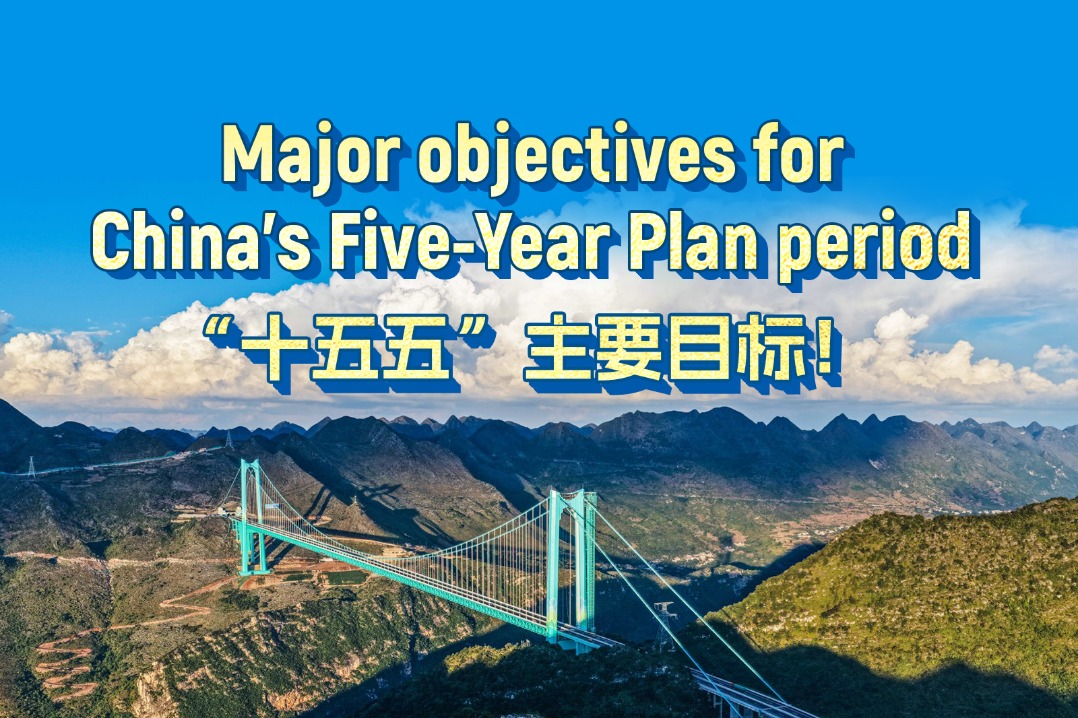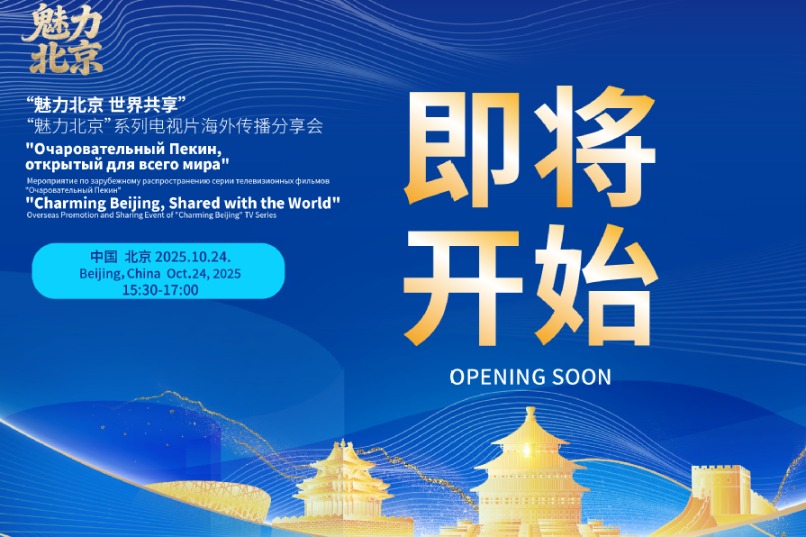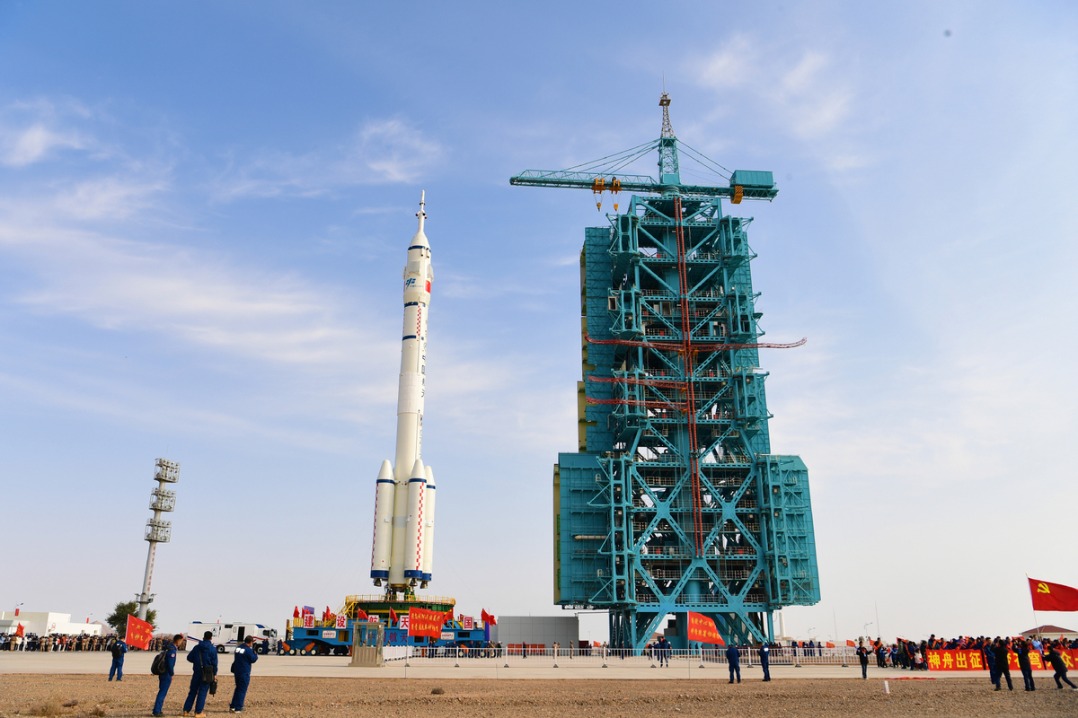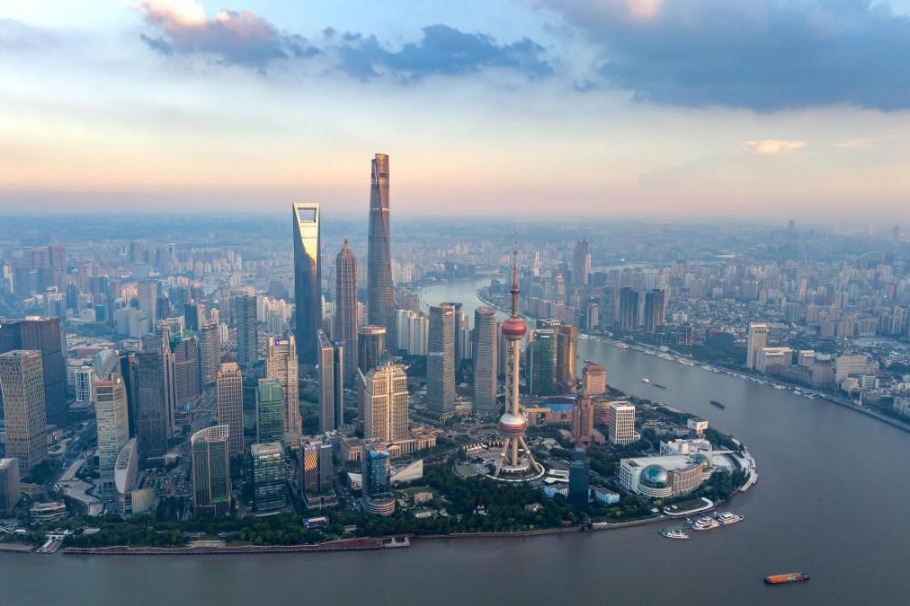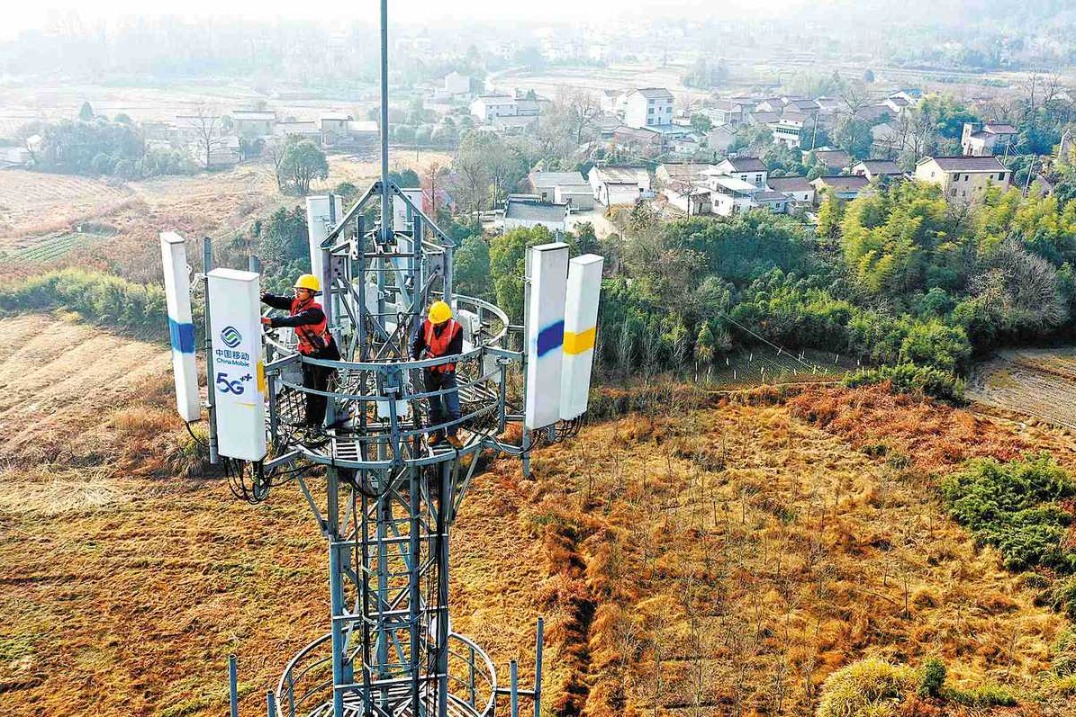A perfect platform


SHI YU/CHINA DAILY
BRI with mutual respect and shared interests is helping China and Egypt to cooperate for mutual benefits as well as security and development for mankind
After the travel restrictions imposed because of the COVID-19 pandemic were lifted earlier this year, I resumed making frequent trips to China in late summer. I first visited Chengdu in Sichuan province, which I found to be meticulously developed and yet very appreciative of its environmental character and features. I am now in Beijing for a diverse series of events and intellectual engagements, some cultural and others related to geopolitics. Yet I already sense a vibrant, engaged society, recognizing the challenges ahead but confident about being able to address them, including the much-discussed problems in the real estate sector and the capacity of China to continue to be an engine of global economic growth.
China has become a significant factor in world affairs, trade, economic and otherwise.
First and foremost is the increasingly shrill tone of North American pundits vis-a-vis China, openly portraying it as the most strategically threatening adversary and withholding technological cooperation such as in the supply of microchips to Chinese manufacturers like Huawei, albeit without advocating a complete decoupling of North American and Chinese economies. Decoupling can be deterimental to both sides.
This has even fueled differences between the United States and the European Union on trade and technology exports, with the former calling for increased EU tariffs on steel and aluminum products from China. A phone call between the US secretary of state and his Chinese counterpart recently was described as "constructive", but has not yet led to concrete steps to recalibrate relations.
Second, China is growing as an economic power, and with that comes a growing political footprint and geopolitical role. In the past, it was more common and comfortable to frame China's position within the "developing world and China grouping".Many of China's positions remain consistent with those of developing countries. However, I believe one can constructively conclude that China has also outgrown this positioning and is now more comfortable, more capable of playing a bigger leadership role in the world community, and more willing to do so in a multidisciplinary fashion.
What really surprises me is that many in the West seem surprised by the emergence of China as an international factor to be reckoned with, even though it has been a gradual, incremental strategic process. In his seminal book on China, Henry Kissinger, former US secretary of state and former national security advisor, clearly underlines that the Chinese thought process is fundamentally strategic and laments that is not frequently the case in the US.
Another reason for my surprise at the West's surprise is that China has been quite transparent in rolling out its readiness and intention to take on an increasing leadership role. China has developed and actively promoted a number of strategic initiatives and proposals as many countries complained about economic inequalities and disparities or the failure of the Bretton Woods System to respond to their development needs. Argentina, Egypt, Ethiopia, Iran, Saudi Arabia and the United Arab Emirates were invited to join Brazil, Russia, India, China and South Africa in an expanded BRICS. It was noteworthy that China was one of those supporting the addition of these new members, because it would provide the BRICS group with a wider and more diverse platform to speak and legitimately compete in international economic affairs.
Equally if not more strategic is the Belt and Road Initiative, first presented by President Xi Jinping a decade ago in a speech in Kazakhstan and then very shortly afterwards in Indonesia — the Silk Road Economic Belt coupled with the 21st Century Maritime Silk Road for infrastructure connectivity to facilitate trade and movement of goods and services. On Oct 17 and 18, China hosted the third Belt and Road Forum for International Cooperation. The initial emphasis was on high-quality development and the evolution of the thinking into calls for stronger mutual trust, more cooperative mechanisms and a better connectivity network, linking land, sea, air and cyberspace. There has also been a call for promoting international industrial capacity cooperation and cultural exchanges including people-to-people engagements imperative for sustained growth, understanding and cooperation
In following the BRI from a Middle East perspective, I vividly remember President Xi's participation at the China-Arab Summit in Saudi Arabia about a year ago, during which substantial economic investment and trade agreements were reached. But what resonated most in my mind was his speech before the summit where he emphasized "mutual respect and shared interests".These phrases did not fall on deaf ears and were instrumental, well beyond economics and trade, in China later hosting the Iran-Saudi Arabia political talks and the successful conclusion of the framework agreement reached.
Reflecting on the development of Egyptian-Chinese economic cooperation, political relations between the two countries have always been good, particularly with Egypt being the first Arab country that established diplomatic relations with China; even economic relations have increasingly gained momentum.
Egypt is today the largest recipient of Chinese investment in the Arab world. The economic cooperation between the two countries has created thousands of job opportunities, as the BRI approach is greatly consistent with Egypt's national 2030 economic program which has a very significant infrastructural and logistics component. In the same context, the Chinese trade and development zone in Egypt presently attracts 145 companies with investments of over $1.7 billion. And China has provided financing for Egypt's new electric train facility.
Egyptian Prime Minister Mostafa Madbouli represented his country at the third Belt and Road Forum, being accompanied by several ministers. The delegation concluded a number of framework agreements, including upgrades to airport facilities, expanding Chinese investments in green hydrogen facilities and agreeing on arrangements to creatively deal with accumulated debt for developmental purposes.
The BRI and the commitment to "mutual respect and shared interests" will provide a healthy platform for China and Egypt to cooperate for their mutual benefit as well as security and development for mankind.
The author is former foreign minister of Egypt and a visiting senior fellow at Peking University's Institute for Global Cooperation and Understanding. The author contributed this article to China Watch, a think tank powered by China Daily. The views do not necessarily reflect those of China Daily.
Contact the editor at editor@chinawatch.cn.
















